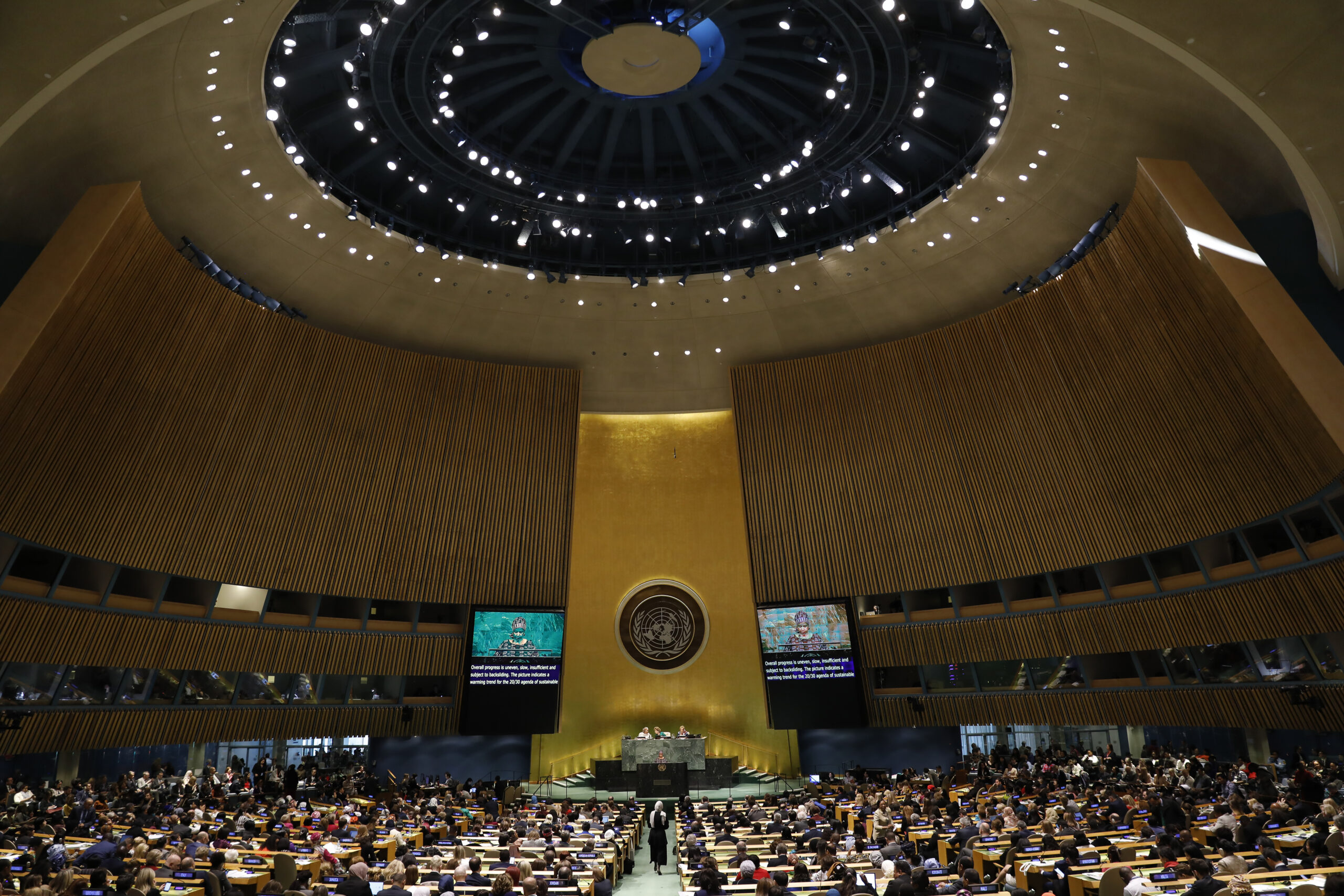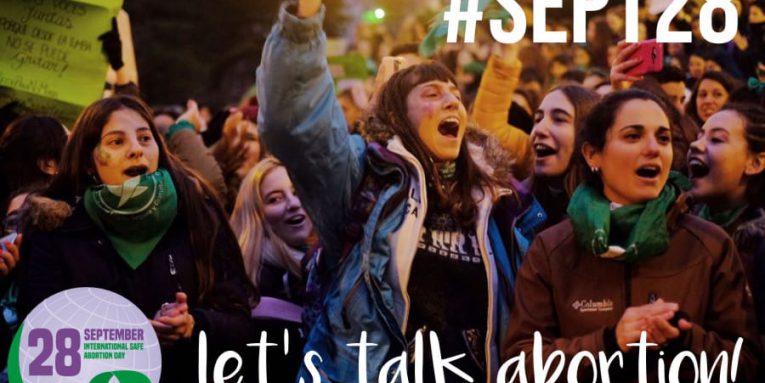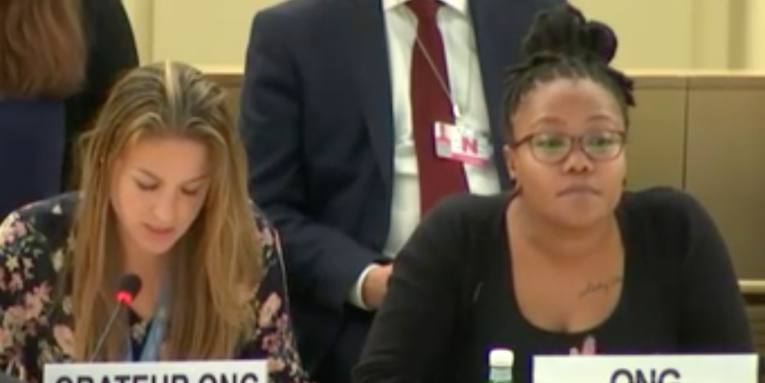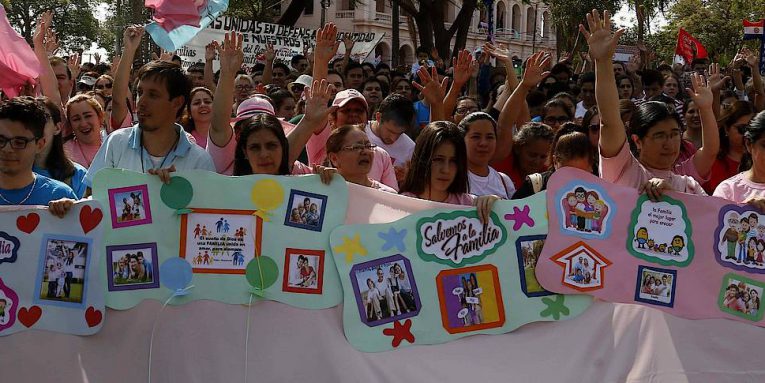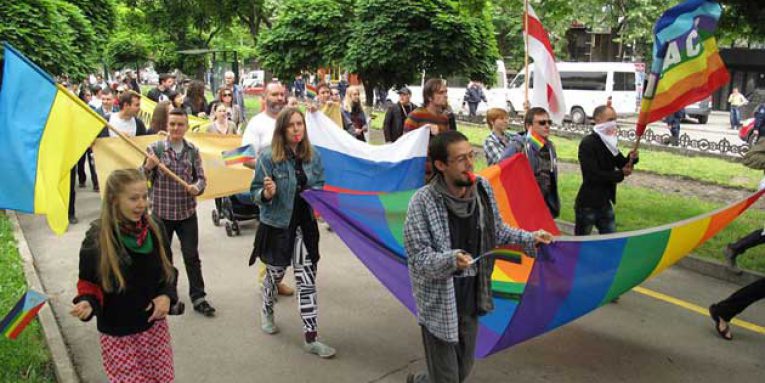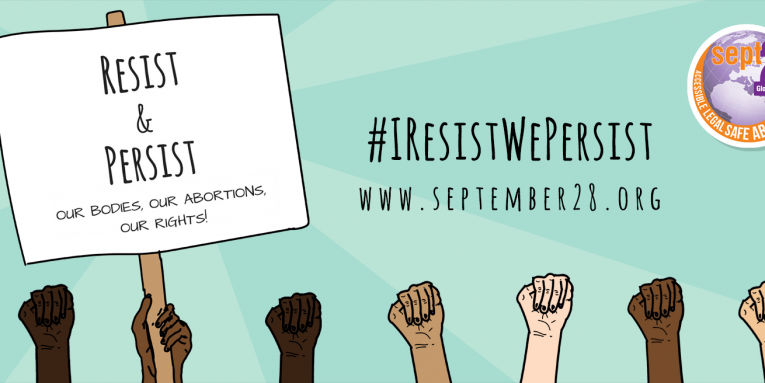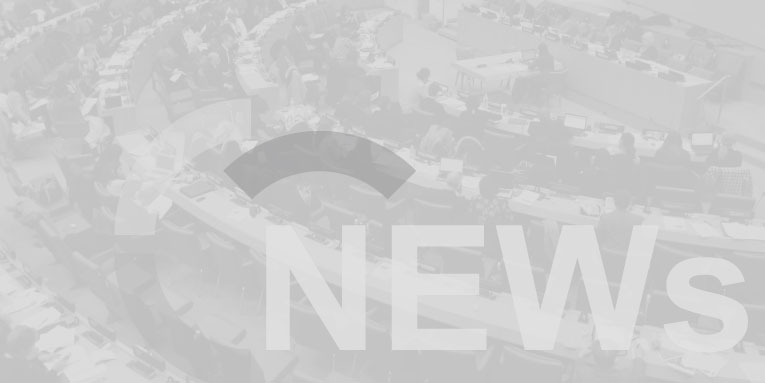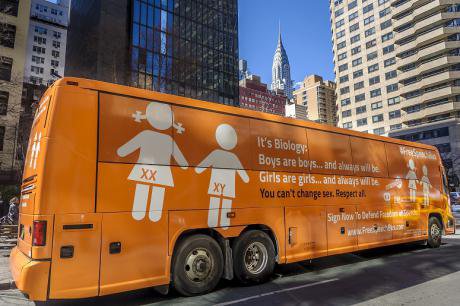The annual United Nations Commission on the Status of Women (CSW) is the main global policy space for gender equality and the advancement of women’s rights.
Feminists (who can get visas and afford to travel to New York City) from all regions descend on this space to share ideas and research, to influence governments, and to make their voices and perspectives heard at the highest levels. However, more often than not, participation in the CSW leaves many of us with conflicting feelings.
New and old tensions
On the one hand, the reconnection with comrades, colleagues, and friends from around the world is immensely restorative and the ensuing conversations over coffee and terrible sandwiches are filled with commiserations, laughter, and exciting ideas for how we will take down the patriarchy. These are the moments that strengthen the bonds of transnational social movements, expand our understanding of different issues, and spark new initiatives that keep us growing together. On the other hand, the performative speeches by governments of all stripes, the same diplomatic fights over which words will make it into the Agreed Conclusions, and the dog and pony show we put on for donors and potential donors is enough to make even the most optimistic among us overcome with cynicism.
CSW68 was no different on these fronts but what was different this year was that it was happening amidst a live-streamed genocide against Palestinian People perpetrated by the State of Israel and supported by the same Western states that hold themselves up as the guardians of international law, human rights, and gender equality. This made the official speeches in the General Assembly extolling the importance of ‘leaving no one behind’ even more frustrating to listen to and left many with a sense of cognitive dissonance that only adds to the broader crisis of legitimacy within global governance systems.
Not unrelated, what was also different this year was the recurrent theme, in many events, speeches, and hallway conversations among diplomats, donors, and civil society alike, of the “rising anti-rights and anti-gender movements”. For those of us who have been subjected to the vitriol, misogyny, and blatant lies from these movements for a very long time, the harm caused by these actors is not exactly breaking news. However, donors, Western governments’, UN agencies’ and mainstream civil society organizations’ recent enthusiastic, yet superficial, embrace of this phenomenon as the greatest existential threat to gender equality, human rights, and democracy should give feminists pause.
The co-optation of “anti-rights”?
On the surface, we certainly agree that the effective coordination among conservative religious organizations, far-right political actors, anti-queer, anti-abortion and anti-trans groups, and those economically benefiting from the dismantling of human rights infrastructures is a monumental threat. However, a key question must be, why now? Feminists have been researching, documenting, and sounding the alarm about these actors for decades. What is it about this current moment we are living that makes this diagnosis so attractive to self-proclaimed defenders of the international rules-based order? As a microcosm of global policy-making, CSW68 provided a window into three possible interrelated explanations for why the anti-rights and anti-gender discourse is such a hot topic right at the global level right now.
First, deflection. While we are focused on debating language on comprehensive sexuality education and sexual and reproductive health services in UN documents, we are not scrutinizing the ways in which the states that champion these issues in multilateral spaces are failing to deliver basic public health and education services in their own countries and voting against more equitable international financial institutions that would enable low and middle income countries to invest in their own public services. Our dogged focus on advancing normative sexual and reproductive rights language that is disconnected from the reality of peoples’ lives bolsters the argument that human rights are only a Western imperialist tool.
Second, in the polycrisis world in which we are living, many states are looking for ways to justify the forceful defense of their national interests while maintaining the illusion of working for the shared global good. These states are increasingly turning to tactics that encourage classifying different actors as either “good guys” or “bad guys”. These same states are then using their political support for gender equality and sexual and reproductive rights in multilateral spaces as evidence that they are “the good guys”. The recent trend of states adopting feminist foreign policies is illustrative of this approach and also its limitations. When confronted with tensions between feminist principles and military and/or economic interests, as is the case with Israel’s genocide of Palestinians, access to COVID vaccines, or providing flexible funding to autonomous feminist movements, the curtain slips and we see the hollowness of these policies.
Third, the multilateral institutions set up to defend and advance gender equality lack meaningful accountability to feminist movements and are easy targets for those seeking to undermine women’s rights because they do not have adequate funding or political support. The message that feminists receive from these institutions is that we must not make public our very valid concerns about anti-rights and anti-gender actors operating within these very systems because it will jeopardize what little support they do have. These open secrets, far from protecting them, continue to undermine the kind of legitimacy that could gain them political and popular support.
For example, one of the key opening speakers at CSW68 was the current UN Special Rapporteur on Violence against Women, a person who has used her role to promote harmful anti-trans and anti-sex work views that are in contravention to existing human rights standards and has publicly targeted feminist organizations that have opposed her positions. When seeking remedies to address these dangerous actions, we are met with shoulder shrugs and told that we must respect the independence of the system of UN Special Procedures. Another example of this from CSW68 was when a high level UN Women official shared a stage with a very well known actor among the anti-rights and anti-gender movement at an official side event at UN headquarters. A simple Google search could have prevented this from happening and should have been cause for outrage, yet unless you attended the event, you probably didn’t hear about it.
Reclaiming our struggles
All of this presents an interesting opportunity for those of us who have been analyzing and pushing back against anti-rights and anti-gender movements for a very long time. Do we double down on this moment of heightened interest to make more visible the ways in which these actors subvert the universality of human rights? On its own, this strategy is incomplete and risks playing right into the hands of those who oppose gender justice and also those who seek to instrumentalize women’s rights to advance imperialist goals. As feminists with expertise in this area, we must think bigger and more holistically. We must also deepen our analysis of who constitutes the anti-rights movement especially when we witness Western governments blatantly undermining human rights when it suits them.
We cannot allow gender equality, bodily autonomy, and sexual and reproductive rights to be separated from peoples’ lived realities. We must seize the current attention of policy makers and mainstream civil society organizations to meaningfully address the root causes that enable anti-rights actors, whomever they are, to thrive and grow support for a more robust, accountable, and equitable global governance system. Feminism teaches us that we must reject binary approaches to complex social issues, there are no good guys or bad guys, and that we must stay focused on creating, building, and expanding our shared vision for the world where everyone, everywhere is free from oppression.
Meghan Doherty is the Director of Global Policy and Advocacy at Action Canada for Sexual Health and Rights and has been fighting for sexual and reproductive rights at local, national and global levels for more than two decades.

